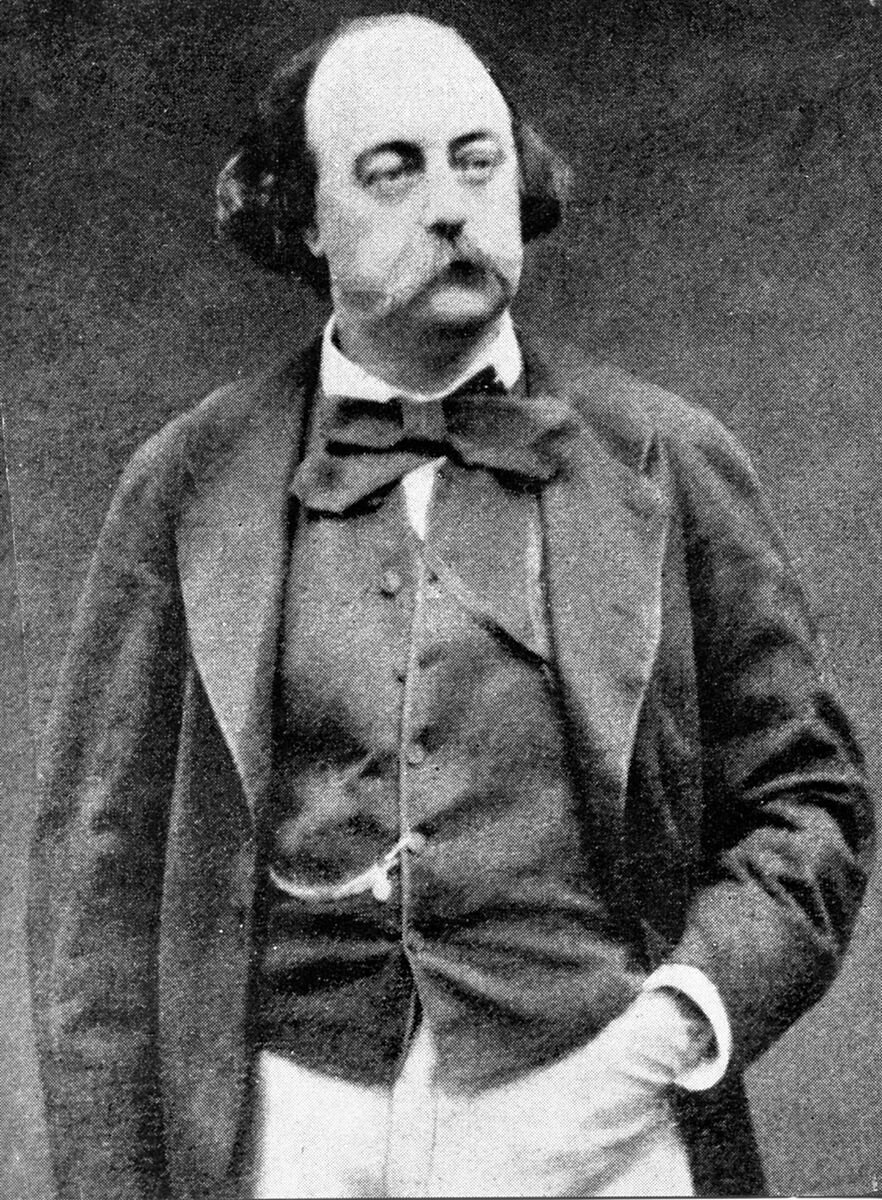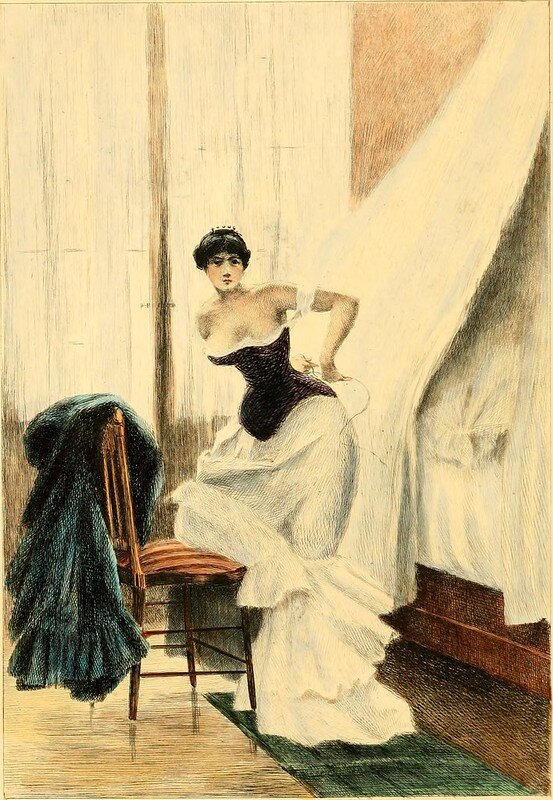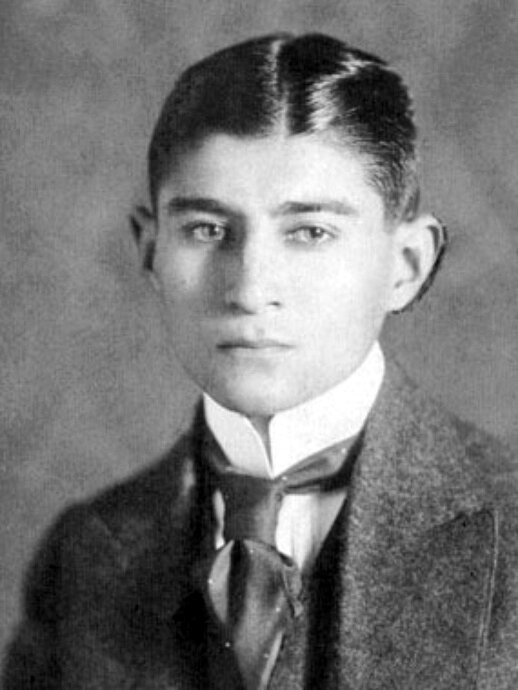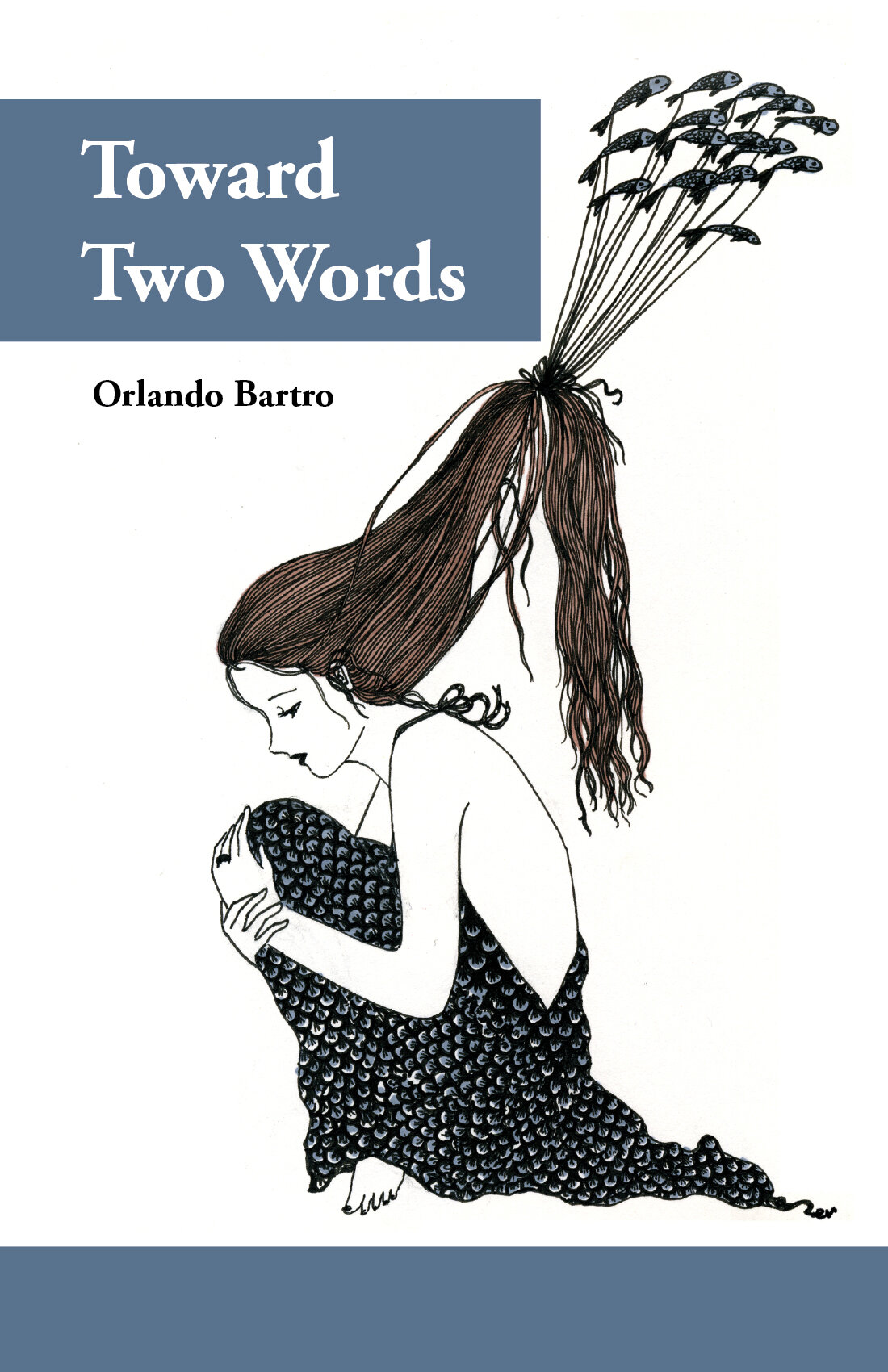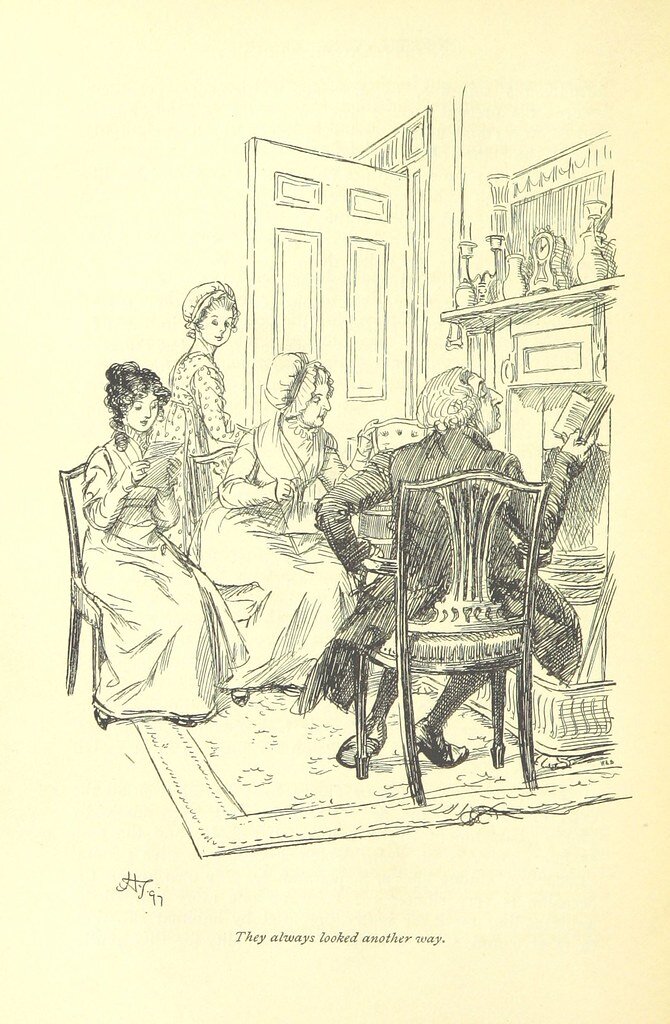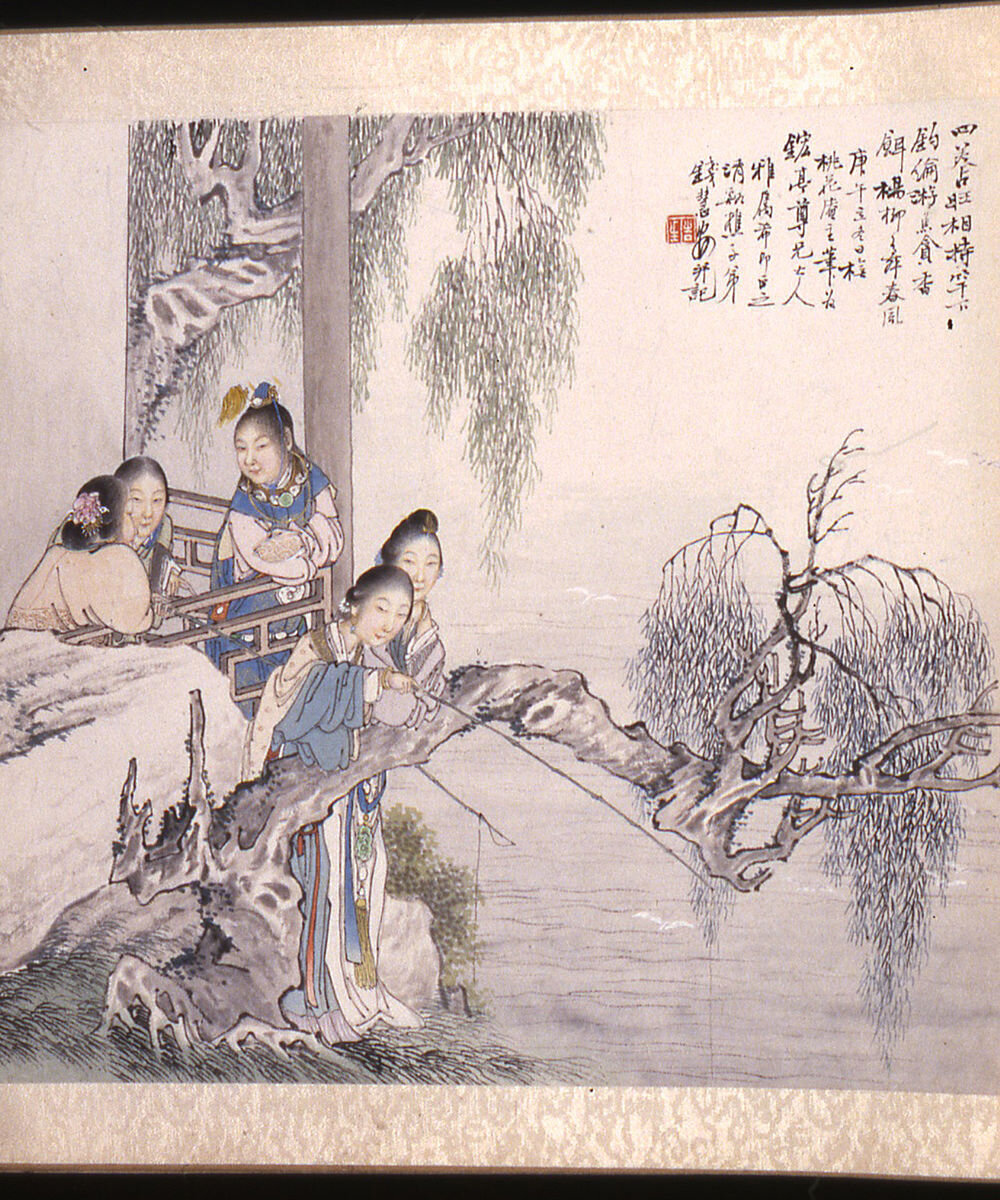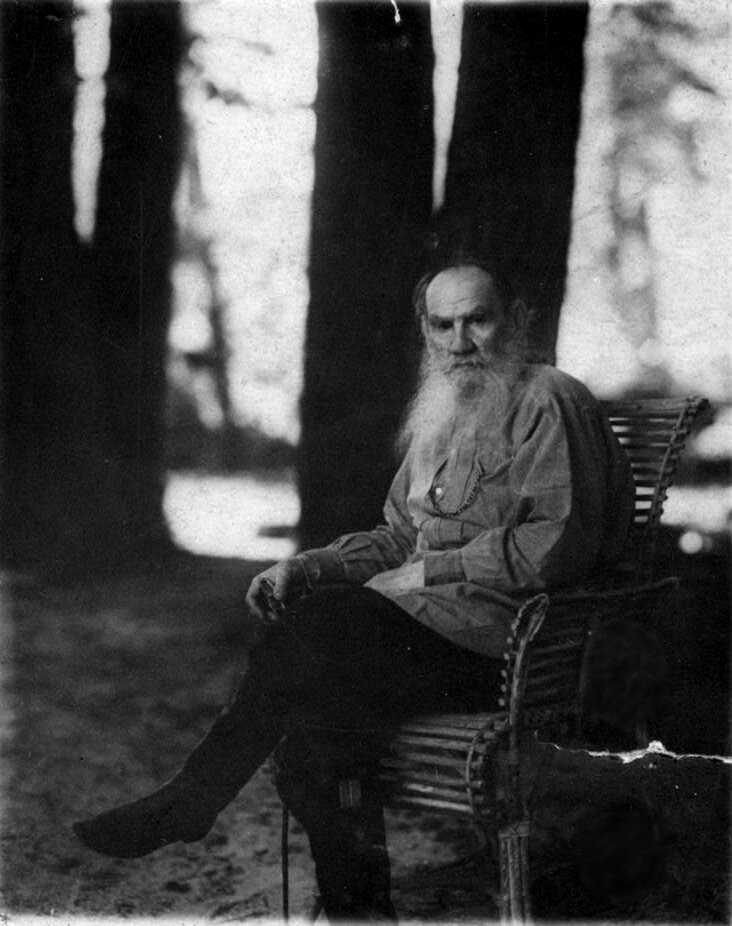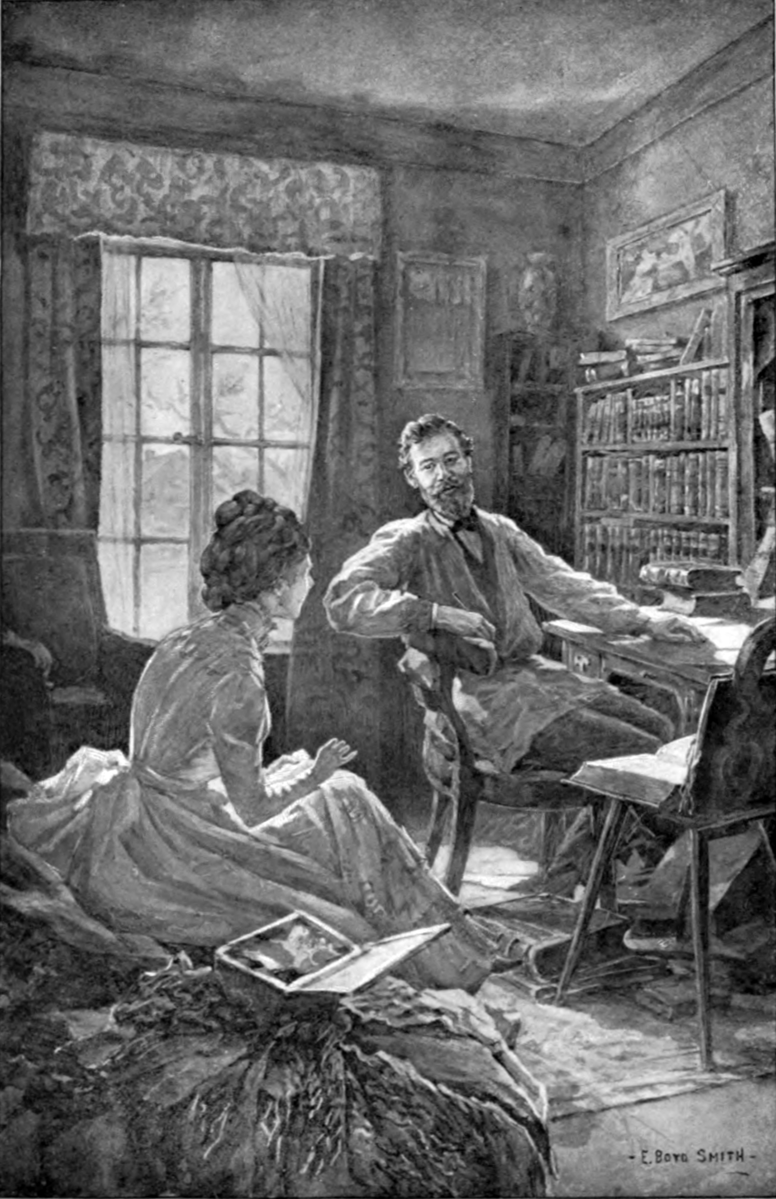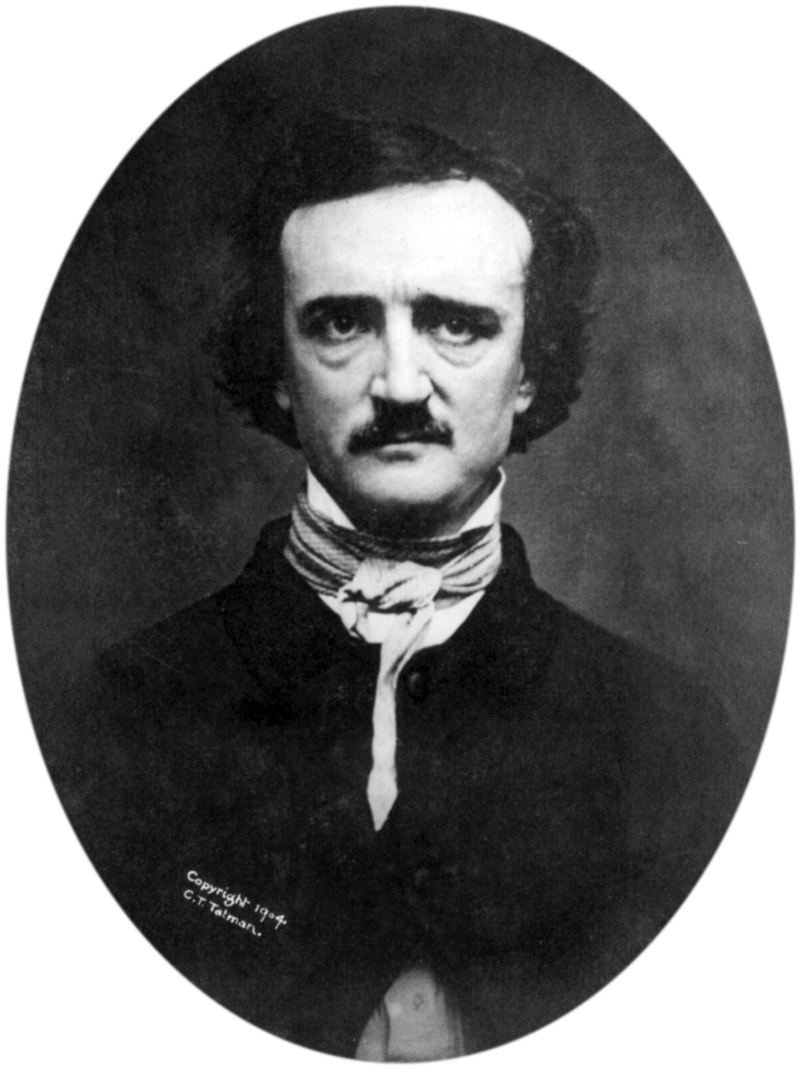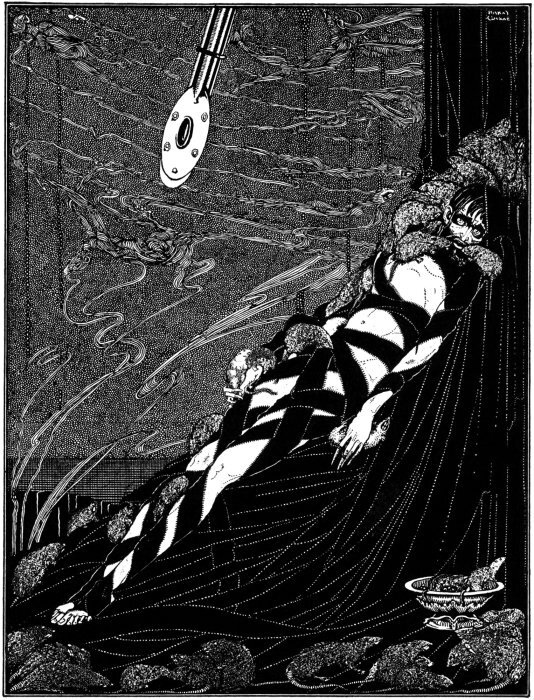Flaubert famously declared that he was Madame Bovary.
Kafka also identified with his protagonists.
Both The Trial and The Castle feature a man named K, usually assumed to be an abbreviation of Kafka.
K. is the same character in both novels, and K. is similar to Karl in Amerika and to Gregor Samsa in The Metamorphosis.
One may rightly suspect that Kafka is the main character in all of his stories.
Fictionalized self-expression, therefore, can result in works of great artistic beauty.
But writing as a form of “self-expression” wasn’t what Shakespeare was doing. Nor were Homer or Chaucer or Jane Austen or Anthony Trollope writing about themselves.
Instead of fictionalized self-expression, this second type of writer is just writing fiction, and as a result, their works have artistic distance.
These writers aren’t writing about themselves, and their themes aren’t related to their inner turmoils.
Instead, these writers are interested in other people (real or imaginary) and in observations of reality.
They are interested in worlds of imagination or in stories as such.
Their stories often derive from other stories, such as Chaucer’s retelling of old tales in his Canterbury Tales.
And as a contemporary example, my novel, Toward Two Words, twists characters and plots from scenes in Jane Austen’s Northanger Abbey and Cao Xueqin’s Dream of the Red Chamber.
A third type of writer combines fictionalized self-expression with pure fiction.
It isn’t Edgar Allan Poe who is in the pit with the pendulum, but he is himself when writing about his dead wife in “Annabelle Lee.”
And most of Tolstoy’s magnificent Anna Karenina is fiction qua fiction, except for the character of Levin, who is much like Tolstoy himself.
Thus, writers fit into one of three classifications: those who write fictionalized self-expression; those who write strictly fiction; and those who mix the two.
One might suppose that the first group writes as a form of self-exploration. The second group writes for the delight of the story itself. And the third group writes from both motives.
* Orlando Bartro is the author of Toward Two Words, a comical and surreal novel about a man who finds yet another woman he never knew, available at Amazon. Consider reading it because you might like it. He is currently writing two new novels.







